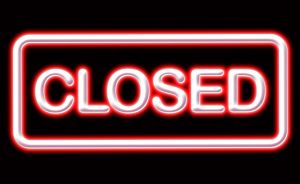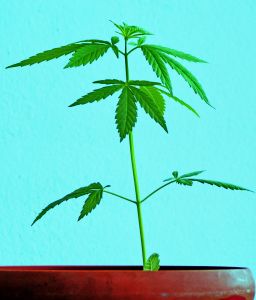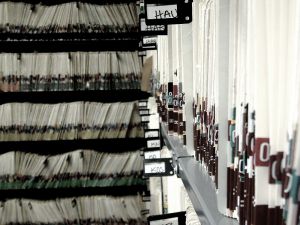Medical Marijuana Dispensary in Oakland – City Says Yes, Feds Say No
Local officials are finally welcoming medical marijuana in California — if only because they now see it as a way to increase collected taxes for the city. Cities and states are looking to license commercial growing as the demand for medical marijuana is increasing around the country, but the Federal Government isn’t having it.

Our Los Angeles medical marijuana attorneys recognize that as companies continue to try to operate under a number of regulations, they’re always facing new ones that aim to put them out of business. As a matter of fact, growers in Oakland recently celebrated their plans to open four industrial-scale medical pot farms under a new city ordinance. Those celebrations were short lived.
Oakland Mayor Jean Quan was even in on the action. He spoke with these companies and welcomed their operations, but also welcomed the potential tax windfall.
“When these cultivation facilities come online, we’re estimating in the first few years five to eight million dollars. Now that’s a sizeable chunk of change and it’s going to be an important part of this city’s economy,” said Quan.
Eight months after the exciting news, the plans seemingly disintegrated right in front of the city after the U.S. Justice Department sternly warned the city that licensing of commercial marijuana growing, even for medical use, violates federal law.
The large industrial park, located just off Oakland’s 880 Freeway, was once the home to one of the four planned industrial-scale medical pot farms. It now just sits empty.
“This building was dubbed the football field of cannabis during our heyday. We were going to have 380 employees, and the average pay was about $52,000 [a year] per person,” said developer Jeff Wilcox.
Wilcox had it all planned out. They thought they would remain safe from the feds as long as they were to comply with the city’s regulations and the state’s laws. That wasn’t the case.
“The industry is scared that there’s a big push back coming against us,” said Wilcox.
Oakland wasn’t the only city to get the smack down from the feds. The Justice Department warned officials in eight other cities about their intentions of violating federal law if they allowed commercial production of medical cannabis.
“That, in very simple terms, is what drug traffickers do. That is drug trafficking period,” said Tommy LaNier, director of the National Marijuana Initiative, a program funded by the White House Office on Drug Control Policy.
The Justice Department isn’t just focusing in on the operators of the facilities. They report that even local officials could face criminal charges for allowing these companies to operate.
A number of advocates are furious that the government is going back on their word. Through a Justice Department memo, they made a promise in 2009 that essentially stated: “comply with state law and the feds won’t prosecute you.”
City officials in Oakland aren’t giving up just yet on their plans to license marijuana cultivation. Unfortunately, this recent scare has turned away potential investors of the legitimately regulated business.
“You want to try to start an industry and then you have the IRS working against you, the federal government working against you — you’ve got a real problem,” said Wilcox. “So the problem is if you don’t grow this industry what happens is that it remains a black-market industry, and it’s always going to be that way.”
Continue reading
 Cannabis Law Group's Medical Marijuana Legal Blog
Cannabis Law Group's Medical Marijuana Legal Blog










